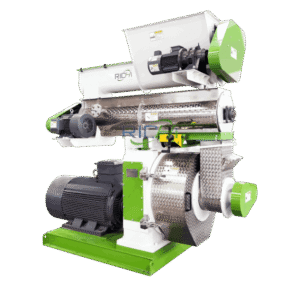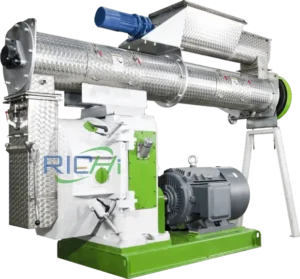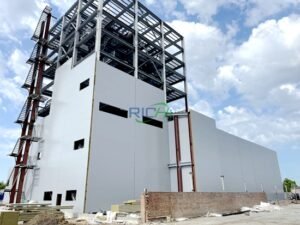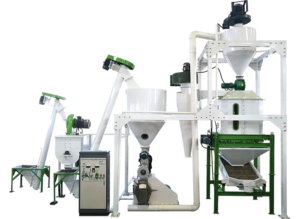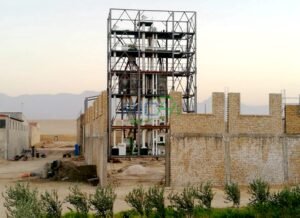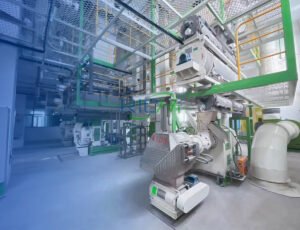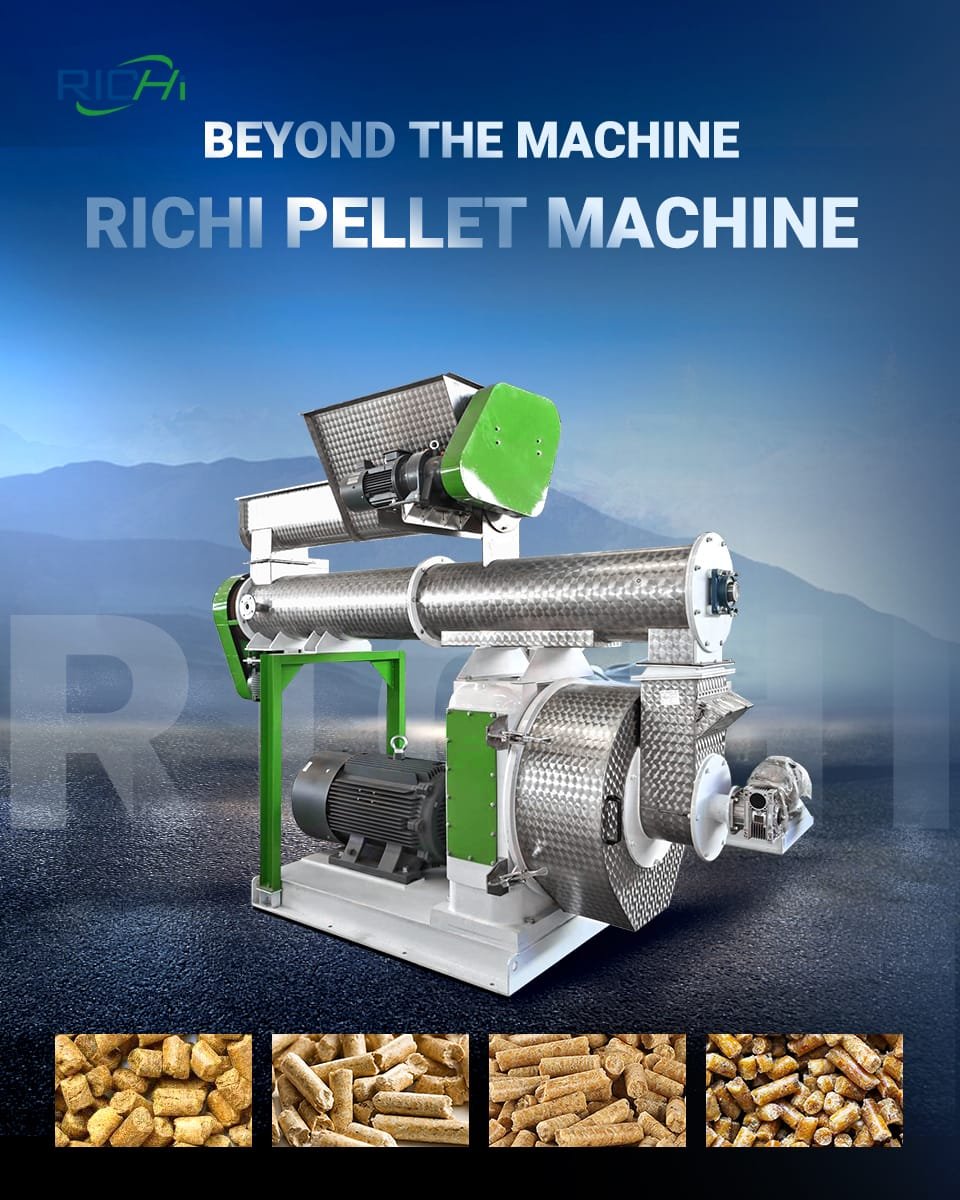
In the ever-evolving landscape of animal farming and livestock production, efficiency, sustainability, and optimal animal health are paramount concerns. Central to achieving these goals are feed pellet granulators, specialized machines that have revolutionized feed production and delivery to animals.
These granulators offer a comprehensive solution by transforming loose feed ingredients into dense, granular pellets, providing significant advantages over traditional feed forms. Let’s delve into the multifaceted advantages of feed pellet granulators, highlighting their pivotal role in supporting sustainable and efficient animal farming practices.
Consistent Nutrient Delivery and Improved Feed Conversion
Feed pellet granulators excel in producing feed pellets with consistent nutrient profiles. Unlike loose feed where ingredients can segregate, granulated pellets ensure homogeneous distribution of nutrients in every bite. This consistency promotes optimal animal health, growth, and improved feed conversion rates, maximizing nutrient utilization efficiency. By reducing the overall feed consumption required to meet production goals, granulators contribute to cost savings and better resource management.
Enhanced Handling, Storage, and Transportation
Granulated pellets offer significant advantages in handling, storage, and transportation over loose feed ingredients. Their dense, compact form reduces spillage during handling, enhances bulk density for efficient storage, and minimizes logistical costs associated with transportation. This efficiency not only saves operational expenses but also reduces environmental impact through improved feed logistics and prolonged feed quality during storage.
Reduced Dust and Improved Hygiene
Feed pellet granulators mitigate dust generation associated with loose feed ingredients, which can pose health risks to animals and workers alike. By producing minimal dust, granulators enhance overall hygiene in the production environment, reducing respiratory hazards and the need for frequent cleaning. This cleanliness translates to increased operational efficiency and cost savings by minimizing downtime for maintenance and upkeep.
Versatility and Customization
Versatility is a hallmark of feed pellet granulators, capable of processing a wide range of feedstocks including grains, oilseeds, protein sources, and additives. This capability allows for tailored feed formulations that meet specific nutritional requirements of diverse animal species and production stages. Granulators facilitate adjustments in feed formulations based on ingredient availability or market conditions, optimizing animal performance while supporting operational flexibility. (Related post: https://www.richipelletmachine.com/chicken-feed-making-machine-price/)
Improved Palatability and Feed Intake
The granulation process enhances the palatability of feed pellets, making them more attractive to animals and stimulating feed intake. Uniform shape, size, and texture encourage consistent consumption, particularly beneficial for animals with selective eating habits or dietary preferences. Improved feed intake supports overall animal well-being, productivity, and reduces the risk of nutritional deficiencies associated with erratic feed consumption patterns.
Energy Efficiency and Sustainability
Modern feed pellet granulators prioritize energy efficiency and sustainability through advanced technologies. These machines optimize energy consumption, incorporate waste heat recovery systems, and are compatible with renewable energy sources like solar or wind power. By minimizing environmental impact and operational costs, granulators align with sustainable farming practices, ensuring long-term viability and environmental stewardship.
Scalability and Integration
Available in various capacities and configurations, feed pellet granulators scale effectively to meet expanding production demands in animal farming operations. Modular designs facilitate integration with existing production lines and systems, ensuring seamless operation and maximizing overall efficiency. Compatibility with industry-standard automation systems enhances data exchange and minimizes disruptions, supporting streamlined production processes and future growth.
By leveraging these advantages, feed pellet granulators play a pivotal role in enhancing feed efficiency, reducing waste, promoting animal health and productivity, and supporting sustainable practices in animal farming. As global demand for responsible and efficient farming practices grows, these machines will continue to drive innovation and ensure the success of livestock and poultry operations worldwide.

